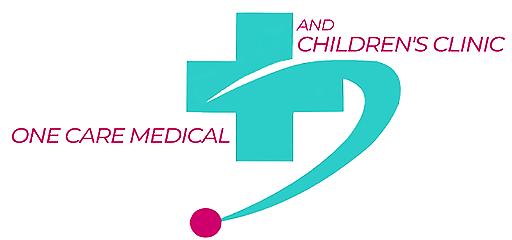Parenting
Children need routine, consistency and boundaries to feel secure. Give your child a safe place to play and explore.
Attention: Be careful what you pay attention to
Children love attention. Be silly, play, sing, and read with your child often
Positive discipline means: If your child is doing something you don’t like (ie biting, hitting, whining, interrupting), IGNORE IT
YES, ignore all minor irritating behavior. Act like a robot and stop engaging
Telling your child “no” or putting your child in a “timeout” is giving your child “negative attention” which is still a form of attention and will make your child continue to display negative attention seeking behavior.
Positive discipline means engaging with your child when they are cooperating and rewarding your child with attention when they are behaving in a way that you want.
You can also distract your young child with a new activity and shift their attention away from the unwanted behavior.
Routine
Inform your child of the daily plans/routine.
Consistent routine with regards to eating, sleeping and outdoor free play will help build your child’s resilience to deal with frustrations and help your child self regulate.
There should be a “bedtime train” and a “ leaving the house train” All the steps of these “trains” are set up ahead of time and communicated to the child as unwavering routines. If your child stalls, ignore it and move the train along.
Mirroring: I see how you are feeling
Children can get frustrated and struggle with managing their big emotions. It is important to offer them support or validation.
For example, If your child is upset because it is time to leave the park, you should mirror your child’s feeling by saying “ you love the park, the swings are awesome, it’s your favorite place, I get it that you were having a lot of fun. But it’s time to go”.
If your child still protests, you wrap up communication and move on to the ignoring, distracting, substitution strategies (“hey, are our tummies ready for dinner?, who can run hop to the stroller the fastest etc”).
Telling your child 10 minutes ahead of time when an activity is ending (ie leaving the park) will also lessen power struggles around transition.
Communication
Talk to your children.
At every age, your child understands more than they can say. Use positive messaging (don’t repetitively focus on your child’s negative traits).
Use substitution when you correct your child’s behaviour.
If your child is standing on a chair. Don’t say “ No, get off the chair’ Say “Chairs are for sitting”
Demonstrate to your child appropriate behavior at all times. You are their model.
Communicate clearly that it is your child’s behavior that you don’t like, not them as a person. Build your child’s self-esteem and make them feel emotionally safe.
Chose to like your child, and more importantly, make your child feel liked by you. A discouraged child may misbehave because they feel hopeless and want to lash out.
Limits make your child feel secure. Communicate clearly what you expect from your child.
Playfully interacting with your child will increase their feel good hormones.
We all have times when we are not at our best. Try to not let your negative mood affect your interaction with your child. Also try not to let their negative mood, dampen yours.
Control: You’re not the boss of me
Children love to control their surroundings.
Give your child choices and empower them.
Children are wired to rebel to gain the independence needed for their development.
You will get more cooperation and less power struggles with your child, if you let your child make lots of minor decisions. ( ie picking their book, cup, socks ).
Don’t do anything for your child that they can do for themselves; take the time to teach your child how to do some daily age-appropriate tasks.
Children love to feel part of the bigger world order. Defer some authority to the world.
“ Mr weatherman says to wear your rain coat today, Mr. clock says it’s bedtime”.
Natural consequences work well for older children.
Allow your child to feel cold, forget things and have to cope with the consequences of their actions in a loving, nonjudgemental way.
Self care for Parents (Little eyes are watching you)
The word responsibility means “ your ability to respond”.
A parent that is tired and stressed and anxious will not be able to respond in a calm, curious, insightful way to their child who is distressed.
The more that you, as a parent, can self regulate and look after your own needs, the more your child will model you and learn self-regulation.
If you suffer from anxiety, seeking help for your anxiety is crucial. (you are putting the oxygen mask on yourself first as in the airplane scenario).
Try not to worry about/focus on your child’s future behavior because you may then overreact to the current situation and not be able to stay calm and thoughtful in your immediate response to the problem.
Try to stay in the moment. Meditation is excellent Keep a sense of humour.
Books
Positive discipline for preschoolers, Jane Nelson
Honey I wrecked the kids, Alyson Schafer
Drop the worry ball, Alex Russell.
Untangled, Lisa Damour
Connected Parenting, Jennifer Kolari
What to do when you worry too much, Dawn Huebner
Sitting Still like a frog, Eline Snel



